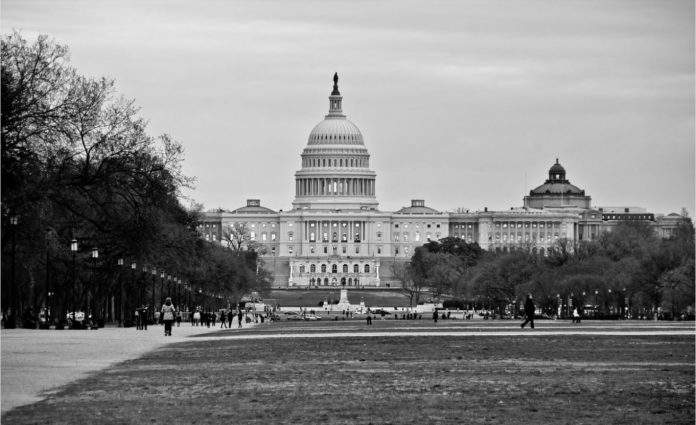
On Monday, Feb. 15, Rowan University’s College of Humanities and Social Sciences hosted “The Proud Boys, the Global Far Right, and the Ramifications of the Attack on the Capitol,” a virtual lecture. The lecture lasted for one hour and was followed by a short question and answer session for students.
The talk was part of the international studies lecture series known as Critical Junctures. The featured speaker was Dr. Alexandra Minna Stern from the University of Michigan. Stern is the author of “Proud Boys and the White Ethnostate: How the Alt-Right is Warping the American Imagination.”
Attendees were able to learn about the key beliefs of far-right groups, the rise of these groups globally and what this rise means.
In 2019, the Southern Poverty Law Center tracked 940 hate groups in the United States. The rise of far-right groups in Europe is significant, specifically in Poland and Hungary.
“The far-right has been on the rise for the past two decades,” Stern said.
The effects of this can be seen in the attack on the Capitol on Jan. 6, where numerous alt-right flags appeared.
“What you saw at the Capitol insurrection was, in many ways, a hodgepodge of images from those who were carrying pretty obvious Trump flags, as well as flags and images that hearken back to the late 18th century, 1776, the Three Percenters and the Proud Boys. It really captured what the rowdy far-right looks like in the United States today,” Stern said.
Key beliefs of these groups include nationalism, antisemitism and Islamophobia. However, social media is adding a new element to these groups. The use of social media has mainstreamed far-right culture. Today, these alt-right groups are a mix of in-person organizations and social media groups.
“It’s not just a platform for exchanging information; it’s a place where they can meet other like-minded people and engage in building community,” Stern said.
With the de-platforming of some far-right users, many far-right groups are leaning toward other forms of social media, such as Parler, to share their ideas. Parler is an app similar to Twitter that boasts free speech, no matter what content someone is creating. Many far-right groups have taken to Parler after Facebook, Twitter and Instagram have started heavily monitoring and deleting content on their platforms.
During this event, it was noted that a large component that factors into these groups is conspiracy theories, which have only increased with the start of the COVID-19 pandemic and the restrictions put in place to combat the virus.
“Misinformation, conspiracy theories — like QAnon and Pizzagate — and the COVID situation have really provided a fertile environment for these types of groups, and for their expansion,” Stern said. “Looking ahead, what I do see, and this is something that we saw on Jan. 6… is para-militarization, really a militarization of these groups.”
Stern also said that under the Biden administration, there will be more attention to domestic extremism and terrorism.
For comments/questions about this story, email features@thewhitonline.com or tweet @TheWhitOnline.





